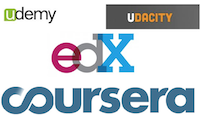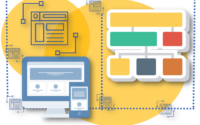EDUCAUSE QuickPoll Results: Sustainability in Higher Education
Higher education institutions are investing in sustainability initiatives, but their specific goals and challenges remain unclear to many. Student and campus community engagement continues to be a key force in advancing these efforts.











